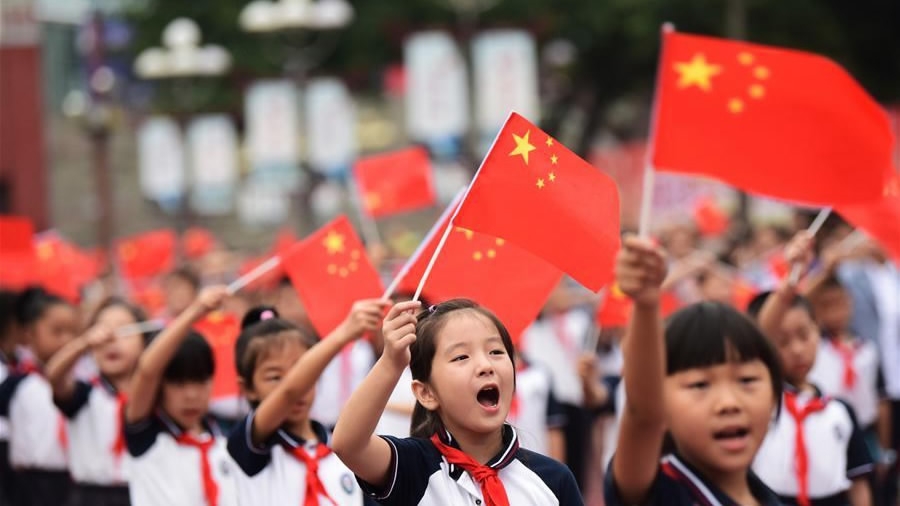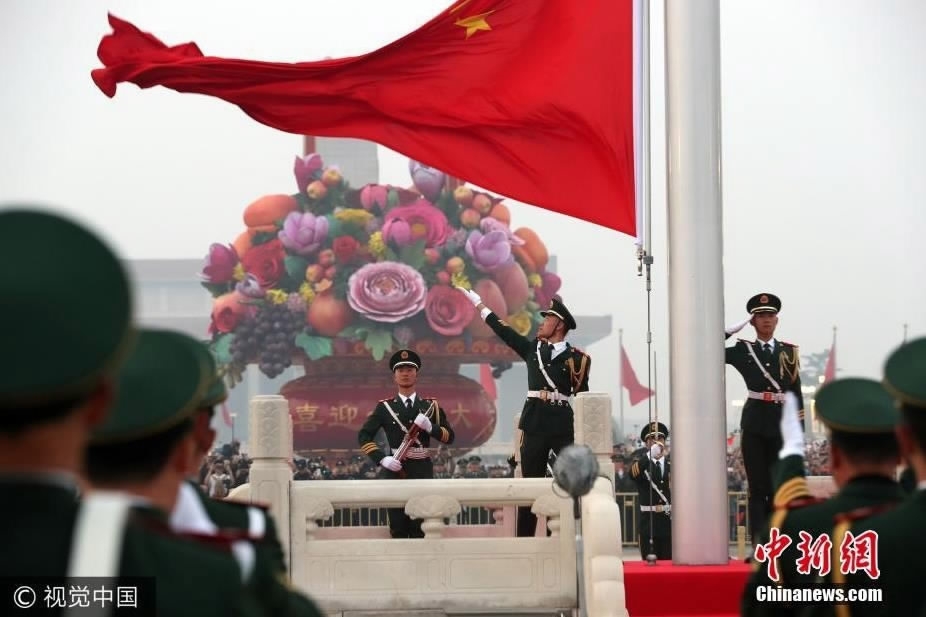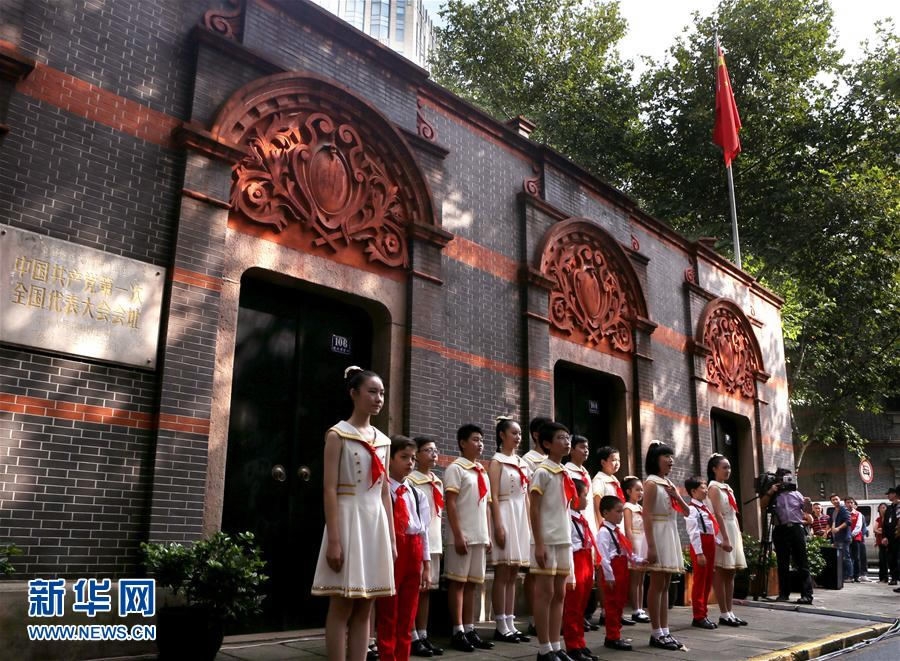
Opinions
13:43, 03-Oct-2017
Opinion: National symbols, national identity and nationalism
Guest commentary by Guojiren

On October 1, 2017, China adopted its National Anthem Law after implementing its National Flag Law and National Emblem Law.
By now, all three national symbols of the country are protected by law. I see these laws as part of China’s effort in strengthening the rule of law and in building a law-based society.

A national flag-raising ceremony was held at Tiananmen Square in Beijing on October 1, 2017, to mark the 68th anniversary of the founding of the People's Republic of China. /Photo via CNS
A national flag-raising ceremony was held at Tiananmen Square in Beijing on October 1, 2017, to mark the 68th anniversary of the founding of the People's Republic of China. /Photo via CNS
Indeed, in modern societies, any behavior of individuals, organizations, companies and even the government must be bound by law. China was not the first country to adopt such laws and won’t be the last to do so.
Almost all countries in the world have trademark laws to protect the rights of trademarks. And the national flag, national anthem and national emblem are the national symbols and trademarks of a country. They certainly need to be protected by law which governs when and how these symbols are used. After all, these symbols represent sovereignty of a country and national pride.
The wide and correct use of national flag, anthem and emblem can help create national identity among the citizens of a country. It is especially important for countries with different ethnic groups. These national symbols can give people a sense of belonging to one state. National identity is a cohesive force that unites all people in one country by promoting the awareness of a shared homeland and destiny.

Children pose for a picture outside the site of the First National Congress of the Communist Party of China in Shanghai, which has now been turned into a museum. /Xinhua Photo
Children pose for a picture outside the site of the First National Congress of the Communist Party of China in Shanghai, which has now been turned into a museum. /Xinhua Photo
This unity is manifested in peaceful times as harmony among different ethnic groups and in crises like wars and natural disasters as loyalty to the country and that country’s mobilization ability.
Patriotism is the main reflection of this national identity. Patriotism is normally a good thing for the country and its people. But I have to say that we must be very cautious about how far we should go with patriotism, because patriotism can turn into nationalism if it becomes too radical.
It may also lead to extremism if nationalism goes to the extreme. National flags, anthems and emblems should be used in a controlled manner and should not be exploited by people with extreme ideas.

Chinese nationals stranded by Hurricane Maria arrive at Shanghai Hongqiao International Airport, October 1, 2017. Two chartered flights brought 381 Chinese nationals home. /Xinhua Photo
Chinese nationals stranded by Hurricane Maria arrive at Shanghai Hongqiao International Airport, October 1, 2017. Two chartered flights brought 381 Chinese nationals home. /Xinhua Photo
We often see such scenes where angry protesters or people from radical groups burn national flags of other countries, venting anger and hate. These actions are aimed at hurting the feelings of the people in their targeted countries. I have to ask, should countries prohibit their citizens from insulting national symbols of other countries through legislation while asking their citizens to respect their own national symbols?
There are huge numbers of illegal organizations such as hate groups and terrorist organizations in the world. They also have their banners, songs and other symbols. They would use any means to promote these symbols and their movement.
Should the international community come up with laws to ban these symbols from spreading? How should the world rein in extremism which is now destabilizing global peace and stability in an unprecedented way? I have to say a law on national symbols is not a small issue, it has big implications.
(The article reflects the author's opinion, and not necessarily the views of CGTN.)

SITEMAP
Copyright © 2018 CGTN. Beijing ICP prepared NO.16065310-3
Copyright © 2018 CGTN. Beijing ICP prepared NO.16065310-3